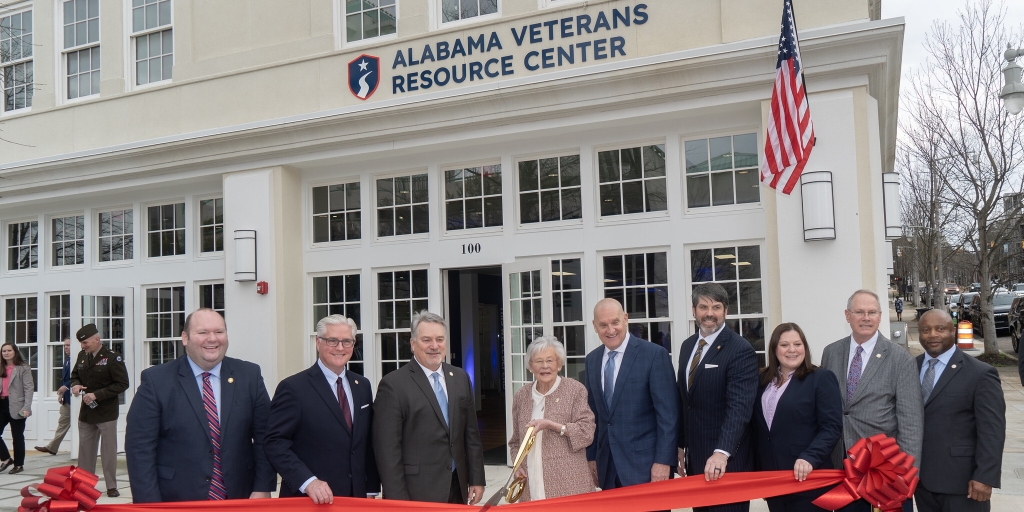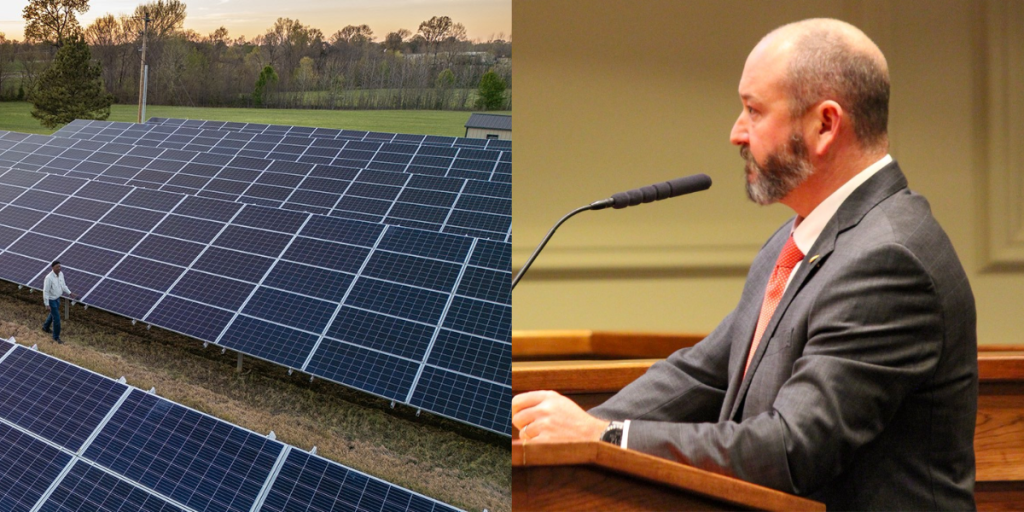A nutty scent fills the sunlit back room of an old schoolhouse, right outside Greensboro’s downtown. It’s the commercial kitchen of Abadir’s and all is quiet and still; the only movement is Sarah Cole rolling out her toasty tahini cookie dough. (The warming tahini of a batch already in the oven is providing the roasting-nut perfume.)
Most weekends since she started Abadir’s in October 2020, these cookies, plus a range of breads, cakes and other sweet (and, sometimes, savory) pastries, are on offer at her pop-up shops at farmers markets, boutiques and restaurants in Selma, Tuscaloosa or Birmingham.
Some weekends she stays in Greensboro. She also takes orders through her website, while doing some catering, too. Yet, you won’t find the South’s usual sugar-laden and bleached-flour-based bakery suspects among the selections. Instead, with honey, dates, anise, coriander, rosewater and other Middle Eastern flavors, Cole creates confections that share her Egyptian heritage. And Abadir’s associated nonprofit, Black Belt Food Project (BBFP), is working to share the recipe for a brighter future in the region.

Homecoming
When Cole’s mother was 28, she left Egypt and moved to the Black Belt city of Demopolis, fleeing religious persecution. It was 1983, Hosni Mubarak was in power and her Christian mother (and others who shared her faith) were in danger under his rule. The plan was to head north to Canada after a brief stop in Alabama, where a cousin and her brother had settled earlier. Smiles exchanged over a bag of potatoes in the rural city’s small grocery store changed everything. “She met my dad, who was working in the produce department,” Cole says. They eventually married and raised Cole and her older sister in Demopolis.
But Cole says she never seemed to fit in Alabama. “I felt different, and not just my heritage, which for sure stood out here; it was more than that,” Cole says. “I liked different music; I liked to dress different. I was looking for a place to belong.” She thought she’d found it when she moved to Pittsburgh in 2017.
The job she had lined up fell through, and she ended up managing a struggling farm market and turning it around. “I added some educational programming and community events that brought more farmers and vendors and grew attendance,” she says. When the pandemic hit, she went to work for a local bakery where her longtime affection for cooking was reignited and expanded. “I’ve always loved food and cooking, but I didn’t really bake much until that job,” she says.
Both these roles in Pennsylvania got the ingredients for Abadir’s and BBFP stirring in her brain. “I’d been thinking about it for a while, but I didn’t want to do it in Pittsburgh. As much as I had wanted to get away from Alabama, it felt right to come back to do this,” she says.
Steady support has proved the Black Belt wanted Abadir’s, and Cole quickly realized the area needed BBFP; she founded it in 2021 to help create a better, stronger future for the region by providing food-related education, improving access to fresh food, battling food insecurity, creating food and restaurant industry employment opportunities and harnessing food’s power to foster connections.
Baked-in benefits
Cole began Abadir’s as a bakery for two reasons: “My business plan called for starting with pop-ups, and baked goods are easier to transport,” she says. “Baked goods are also great vehicles for introducing people to other culinary cultures. Melding Middle Eastern ingredients with more familiar Southern items helps people get comfortable trying new things. The combo happens to taste great, too.”
Built on their namesake sesame paste and with a bit of honey balancing the zip of orange zest, Cole’s toasty tahini cookies have been bestsellers from day one. “I took a recipe that was extremely buttery and sugary, lightened it up and added some Arab touches,” she says.
Cole has been surprised by the popularity of other items. “Sfouf is an Arab cake with coconut and turmeric,” she says. “It’s not super sweet, and the turmeric makes it intensely yellow. That color freaked some people out at first. Now, people request it all the time.” She was also shocked how fast maamoul, an Egyptian version of shortbread lightly sweetened with rosewater and stuffed with dates, became a favorite. “I didn’t expect many people to like them, but I can’t show up to a pop-up without them now. It’s been fun to see people enjoying the items that are strongly Arab.”
Her recipes are her own twists on classics, and her Egyptian treats are not strictly traditional; her Southern upbringing and current access to Southern ingredients, particularly produce, are often in the mix, exemplified in her cornmeal pound cake with fine-ground coriander seeds and almonds.
Eating well
While Cole focuses on delighting tastebuds, she’s equally interested in making simple food that truly nourishes the body. “Besides how they taste, I’m looking at ingredients’ nutritional aspects,” she says. She eschews yeast and uses a sourdough base to give lift to every bread she makes, even pita. She uses flours made from wholesome grains and less refined sugar, relying on fruits and honey to sweeten.
This emphasis on eating well feeds into her BBFP work, which is now moving front and center thanks to Abadir’s new location in a cottage on the other side of downtown. The space is mainly for BBFP; now the whole Abadir’s business will be mission-driven in support of BBFP.

Cole believes this for-profit and nonprofit collaboration is the best way for BBFP to achieve its goals. “One part of the mission is to help people eat in a way that will lead to improved health outcomes; we have poor health outcomes here now, and a good bit of that is related to the foods people have access to and so, what they eat.” The space means BBFP will be able to open the Black Belt Kitchen, which will conduct workshops and classes that increase nutrition knowledge and teach basic cooking skills and easy recipes.
Many of BBFP’s efforts will target kids, with both in-school and after-school programs. Other plans include exploring the area’s food heritage and history and, in the future, developing into a workforce incubator for aspiring cooks and chefs. “We’ll also have retail hours at some point, with Abadir’s baked goods for sale and probably some other grab-and-go items like take-home meals,” Cole says. “The space will also let us have pop-up dinners and, one day, a restaurant, one that is delicious but also healthful and accessible. That’s what this community needs.”
And community is at the core of it all. “I want it to be a real gathering space, a place that welcomes and uplifts all,” Cole says. To bring this vision to life, Cole is partnering with local farmers, Opportunity Alabama, Auburn University’s Rural Studio and Greensboro-based Project Horseshoe Farm, a nonprofit centered on health care for vulnerable populations, and others. “We’ve formed a coalition to brainstorm the future of BBFP and right now are working to secure funding and make it sustainable,” she says.
Abadir’s functions as the “face” of BBFP, and Cole explains the significance of the name. “It is my mother’s maiden name, but she and her family changed it to Anton when they moved to the United States so they didn’t stand out as ‘foreign.’ But I’ve always thought it was beautiful. And I love that it is unusual.”
She hopes this aspect sends a message. “I decided to come back to Alabama and make a space for myself where I could be me, and for others who feel like they don’t have opportunities here, so that’s part of why I named the business Abadir’s; I want the name to communicate to others who feel different that they have a place here.”
As she rough-chops beet greens to stuff into pitas for sandwiches to be sold at her next pop-up, Cole stresses that while inclusive hospitality is a tool for lifting up the local region, food remains the foundation of Abadir’s and BBFP. “I want people to see this community and to see themselves in a different and better light by giving them the resources and opportunities to take more control of their and their family’s future,” she says. “I think a natural way, the best way, to do that is with food.”
(Courtesy of Alabama NewsCenter)














